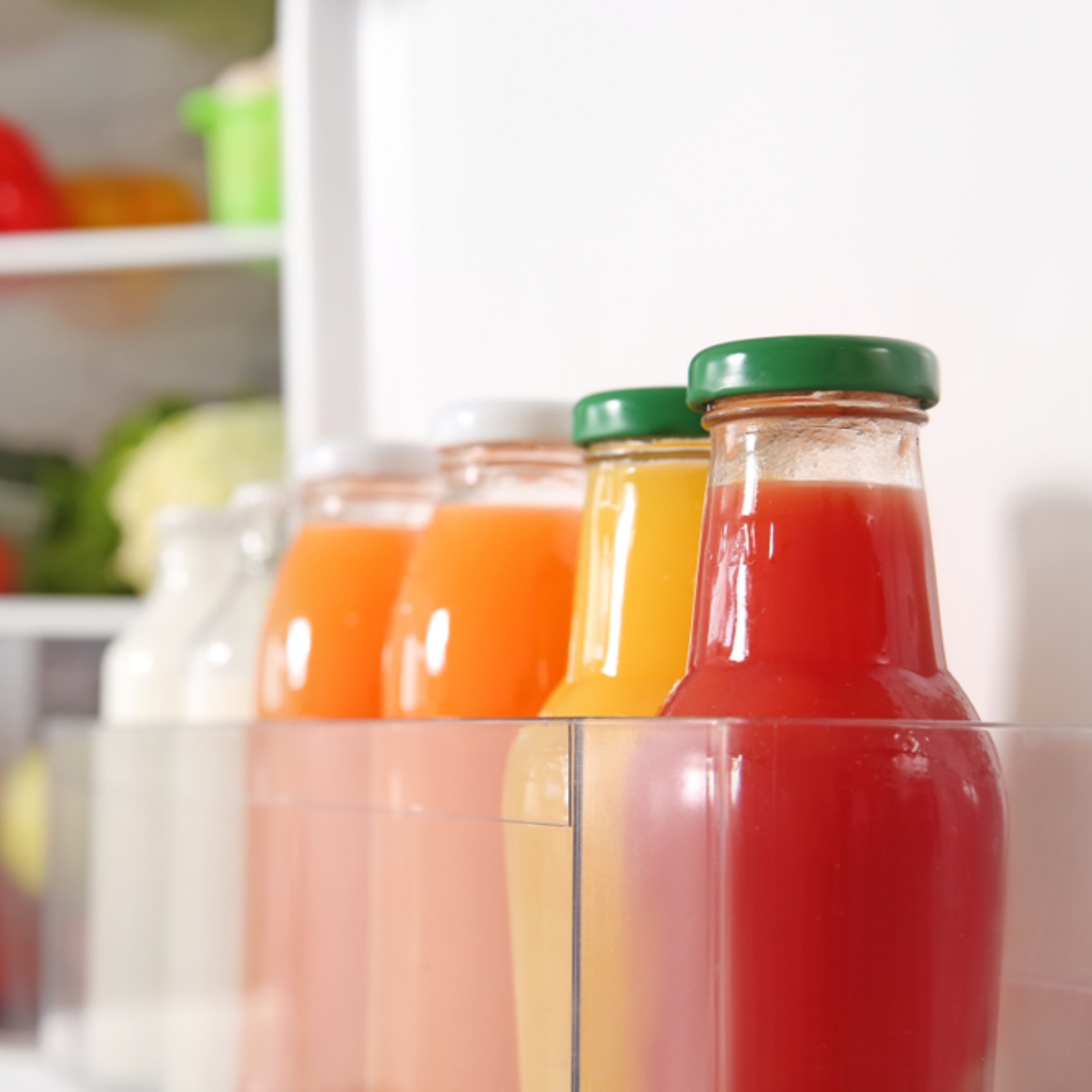According to nutritionists and global health organizations such as the World Health Organization (WHO) and American Heart Association (AHA):
🔹 For Healthy Adults:
150 – 250ml (about 5–8 oz) of 100% pure fruit juice per day
Best consumed in the morning or with a meal
Should not replace whole fruits in the diet
🔹 For Children:
100 – 150ml (3–5 oz) per day, depending on age and activity level
Not recommended for children under 1 year old
🔹 For People with Health Conditions:
Should consult with a doctor or registered dietitian
Juice may need to be limited or replaced with high-fiber smoothies
Pro Tip: If you're already eating enough fruits and veggies, you may not need fruit juice daily at all.



